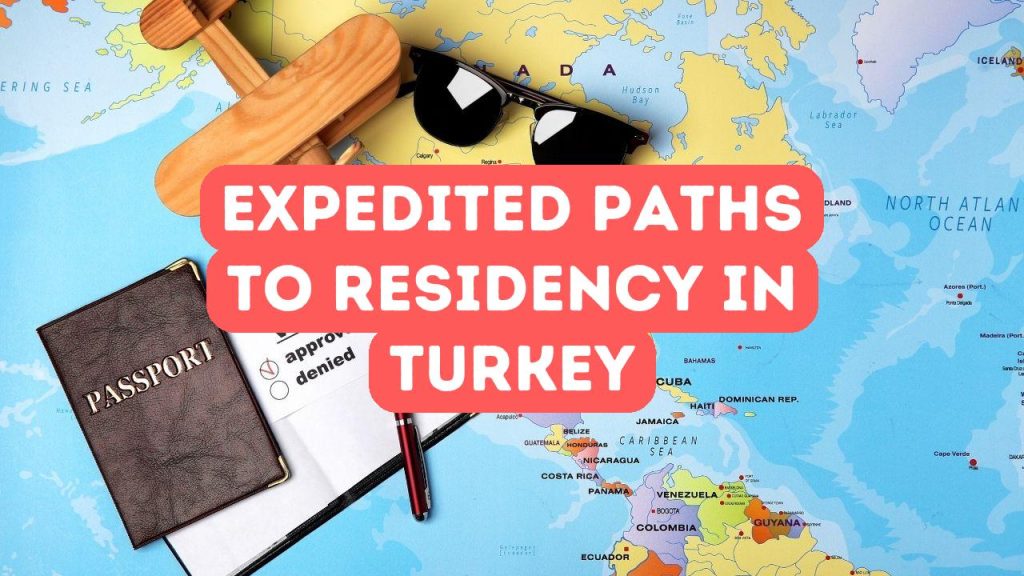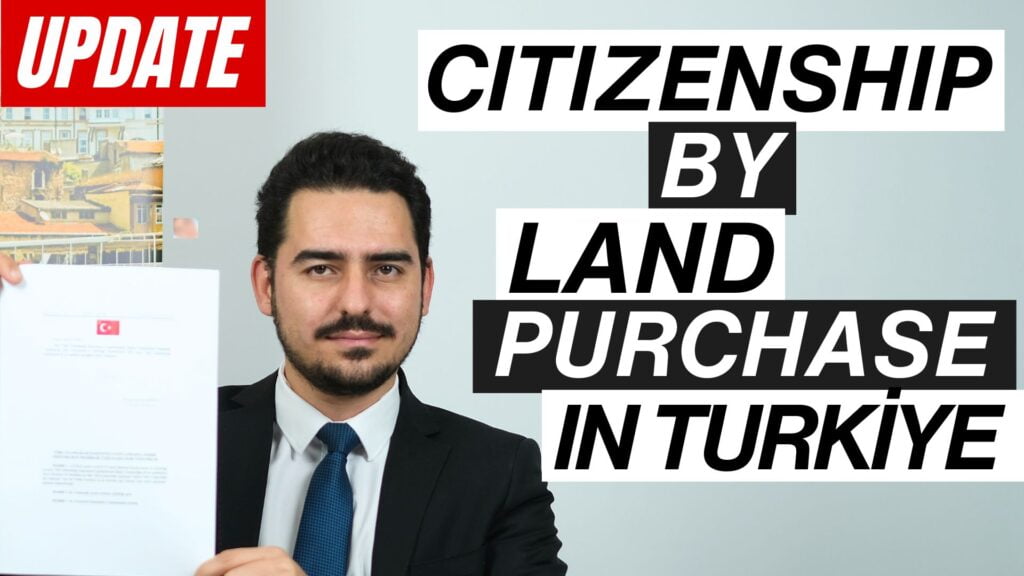Navigating Complex Immigration Protocols
Navigating complex immigration protocols for expedited residency is akin to understanding a new language; it requires savvy navigation of legal frameworks that often involve a labyrinth of requirements and documentation. For instance, countries like Canada offer Express Entry, a points-based system that prioritizes applicants with specific job skills, educational background, and language proficiency. Similarly, the United States has avenues like the EB-2 visa for professionals holding advanced degrees or exceptional ability in certain fields. These protocols are designed to be merit-based, ensuring that those with the highest potential to contribute to the economy and society move to the front of the line. Applicants must be meticulous in their submissions, as even minor oversights can lead to delays or denials, underscoring the significance of thorough preparation and, often, expert guidance to traverse the expedited yet intricate routes to residency.
Despite the apparent benefits for both the aspiring residents and destination countries, the expedited processes are not without their complexities and challenges. Financial thresholds, for example, can be formidable barriers even for eligible candidates. Investment-based residency programs, such as the EB-5 Investor Visa in the United States, require substantial capital, often running into hundreds of thousands of dollars. Additionally, proving one’s value to the local labor market can entail rigorous standard setting and certifications that demand significant time and resources. Moreover, varying policy shifts and the politics of immigration can drastically alter the landscape with little notice, leaving applicants to face sudden changes in requirements. Such volatility underscores the necessity for continuous monitoring and adaptability by applicants navigating these expedited paths, where the fine line between swift success and protracted proceedings can pivot on the latest policy update.
The pursuit of expedited residency, therefore, is not for the faint-hearted but rather for the strategically minded individual who can efficiently marshal resources and expert advice to mitigate the intricacies of ever-evolving immigration protocols. As applicants chart their courses through the expedited immigration landscape, they must remain vigilant, anticipating shifts in legislation and being prepared to adapt their strategies accordingly. It is a high-stakes journey that demands resilience and precision, yet for those who navigate it successfully, the reward is a new life in a country that values and invests in their potential—with the doors of opportunity swung wide open in a surprisingly short time frame.
Innovative Strategies for Residency Acquisition
In the vanguard of immigration reform, various countries have implemented innovative strategies for residency acquisition, endeavoring to outmaneuver global competitors in the race for top talent. Initiatives like Canada’s Express Entry and Australia’s SkillSelect invigorate these nations’ economies by targeting skilled workers through point-based systems that prioritize age, education, work experience, and language proficiency. These meritocratic frameworks are a departure from traditional, often onerous application methods, offering a digital, user-centric experience that expedites processing and provides a transparent, real-time progression tracker. Prospective residents can thus navigate the intricacies of immigration with unprecedented clarity, allowing them to plan their futures with confidence in their potential new homeland.
Beyond the realm of skilled migration, some countries have devised expedited residency pathways for entrepreneurs and investors, acknowledging their unique potential to drive economic growth. Programs such as the U.S. EB-5 visa allow individuals to obtain residency by investing in commercial enterprises that create jobs, effectively turning capital into the key for opening new doors abroad. Similarly, Portugal’s Golden Visa program grants residency to those who invest in real estate, heritage restoration, or job creation, blending a boost to local economies with the allure of European residency. These investor-oriented routes are not without controversy, as they raise ethical questions about the commodification of residency and citizenship, but they remain attractive options for those with the financial means to bypass traditional immigration queues.
At the intersection of culture and policy, some nations have introduced cultural fit or integration pathways as a novel approach to residency acquisition. These may involve stipulations such as language proficiency, cultural knowledge assessments, or community involvement that aim to ensure newcomers can seamlessly blend into the social fabric of their new homes. For instance, New Zealand’s points system adds bonus points for factors that indicate a strong potential for integration, such as having a job offer outside of Auckland, which supports regional development. While such methods strive to reinforce societal cohesion and encourage a two-way commitment between the nation and the immigrant, they can sometimes face criticism for potential biases or barriers they may impose on individuals from diverse backgrounds. Yet, when implemented with due care and consideration, these strategies can foster a deep sense of belonging and contribute to the shared success of both the migrants and the host community.
Streamlining Your Journey to Permanent Settlement
One of the most enticing aspects of expedited residency programs is their promise of a streamlined journey towards permanent settlement. By simplifying the documentation and expediting processing times, countries are easing the transition for high-caliber candidates, including investors, entrepreneurs, and individuals with exceptional talents. This proactive approach often includes the provision of dedicated immigration officers, online portals for swift application submissions, and clear guidance on the necessary steps to achieve residency status. With these accelerated programs, applicants can bypass longer queues and cut through red tape that typically hampers the progression to permanent residency, effectively allowing them to connect with local communities and contribute to the economy without undue delay.
However, the ease of such expedited pathways is not without its set of challenges and obligations that applicants must navigate. Stringent background checks, substantial financial investments, and compliance with specific legal requirements are often prerequisites to ensure that benefits of fast-tracked residency are not undermined by security risks or fraudulent claims. Moreover, applicants are usually required to demonstrate their commitment to their new country through language proficiency, civic knowledge, or continuous economic contribution. These high stakes often compel those seeking expedited residency to secure their legal and financial affairs with meticulous care, thereby aligning their personal ambitions with the broader national interests of their prospective home.
Despite potential obstacles, the rewards of expedited residency programs for both immigrants and host nations can be substantial. For the applicant, a sense of belonging and security is swiftly established, granting access to social services, job markets, and community networks that are pivotal for a thriving existence in a new country. For the receiving nation, these programs catalyze a rich infusion of skills, innovation, and cultural diversity into local economies and societies. Careful calibration of these initiatives, considering both the aspirational aims of immigrants and the structural capacities of nations, enables a symbiotic relationship that promotes sustainable growth and dynamic multiculturalism. The success of these fast-track residency paths, therefore, lies in the harmonization of expedient processing with rigorous oversight, ensuring that the integrity of immigration systems is maintained while the door is held open for those who can enhance the fabric of a nation.



